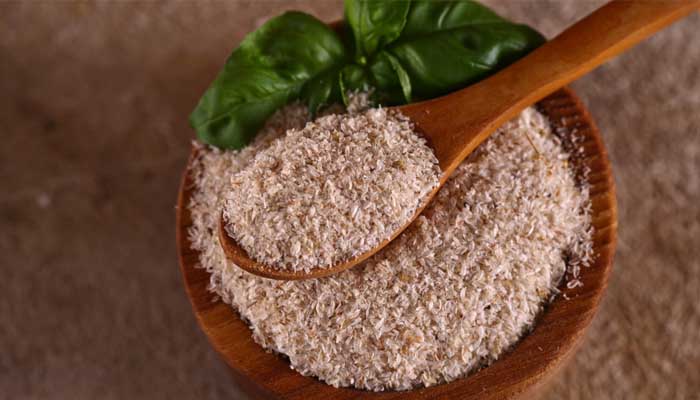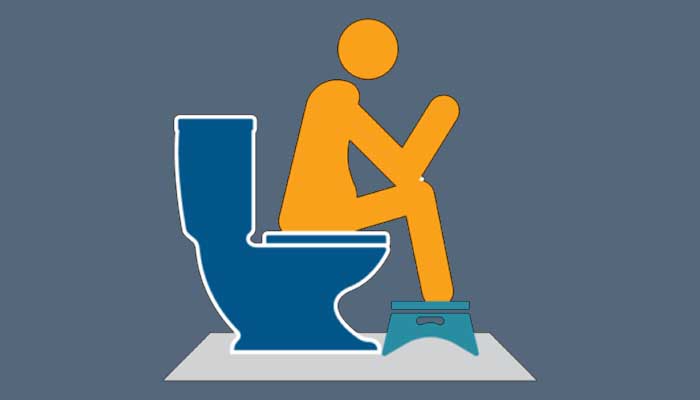Constipation is a common issue that many people face at some point in their lives. Although it can be uncomfortable and frustrating, there are various ways to alleviate it quickly and effectively. Whether you’re dealing with occasional constipation or a chronic condition, understanding the right treatments can make a significant difference. Here’s a detailed guide on how to address constipation and get back to feeling your best.

Effective Treatments for Constipation
When dealing with constipation, medical treatments are not always necessary, especially if it’s a recent occurrence. Often, simple lifestyle changes can resolve the issue. However, if constipation persists, a doctor might recommend a laxative to help relieve symptoms promptly. In addition, increasing your dietary fiber intake with fruits, vegetables, and whole grains can be beneficial.
If you find yourself in urgent need of a treatment plan, consider teleconsulting a doctor. This allows you to receive professional advice and a prescription without leaving your home. It’s convenient and reimbursable by health insurance if you use third-party payment.

Quick and Easy Ways to Relieve Constipation
If you’re looking for immediate relief from constipation, try the following strategies:
- Stay Hydrated: Drink at least 1.5 liters of water daily. Opt for beverages rich in magnesium to help with bowel movements.
- Increase Fiber Intake: Incorporate more fiber into your diet by eating fruits (like apples and pears), vegetables (except potatoes), and whole grains. Fiber aids in digestion and helps regulate bowel movements.
- Avoid Constipating Foods: Reduce your intake of foods that can cause constipation, such as potatoes, pasta, rice, and bananas.
- Get Moving: Engage in physical activities that involve the abdominal muscles. Activities like running, swimming, gym workouts, and yoga can stimulate bowel movements.
- Try Abdominal Massage: Gently massaging your abdomen can promote bowel movement by increasing blood flow and stimulating the intestines.
- Use a Step Stool: Place a step stool in front of the toilet to elevate your feet. This helps position your body in a squat-like posture, which can make it easier to pass stools.
- Consider a Laxative: If other methods don’t work, a laxative might be necessary. It’s the only quick treatment specifically designed to relieve constipation, but it should be used sparingly and according to a doctor’s instructions.

What medicine to soften stools?
Laxatives are the only medical treatments sold in pharmacies against constipation. They come in various forms:
- Bulk or Bulking Laxatives: These contain fiber and help add bulk to the stool, making it easier to pass. They are less harsh on the stomach and are often recommended for long-term use.
- Stool Softeners: These medications help retain water in the stool, softening it and making it easier to pass.
- Lubricating Laxatives: These contain fatty substances that coat the stool, making it smoother and easier to move through the intestines.
- Osmotic Laxatives: These draw water into the intestines to soften the stool quickly.
- Stimulant Laxatives: These increase bowel movements by stimulating the intestines. They should be used for no more than 8 to 10 days.
- Contact (Rectal) Laxatives: These cause the rectum to contract, helping to expel the stool.

What treatment for an infant who has constipation?
Treating constipation in infants requires a gentle approach. Medications are rarely recommended, but osmotic laxatives may be used under medical supervision. These are generally well-tolerated but can cause bloating. Increasing fiber intake and ensuring proper hydration are key strategies for managing infant constipation.
Enemas for infants, such as MICROLAX bébé°, should be used sparingly and only under medical advice. These come in small tubes with a long nozzle. Consult with a doctor before using them.

How to treat constipation with natural treatment?
If you prefer natural remedies, diet plays a crucial role in alleviating constipation. Consider adding the following foods to your diet:
- Fruits: Apples, pears, oranges, figs, plums, and grapes are excellent choices.
- Dried Fruits: Nuts and almonds can help promote bowel movements.
- Vegetables: Most vegetables, except carrots, are beneficial.
- Legumes: Peas, lentils, and white beans are high in fiber and can aid digestion.
- Fiber-Rich Cereals: Include wheat bran, oats, and bulgur in your diet for added fiber.
These dietary changes are the most effective natural solutions for constipation. Some non-medical sources suggest alternative remedies, but their effectiveness is not well-supported by evidence.

What is the best natural laxative?
Among natural remedies, psyllium is considered a rapid and effective laxative. Its fiber content helps retain water in the stool, making it easier to pass. Herbal teas can also be beneficial for combating constipation. Ensuring proper hydration is an essential part of any treatment plan.
If you’re interested in homeopathic treatments, consult with your homeopath. However, note that homeopathy is not covered by health insurance. For herbal treatments, seek advice from your pharmacist.

How to go to the toilet when you are constipated?
In cases of severe constipation or fecal impaction, it’s important to consult a doctor. Laxatives are not recommended for severe blockages. For those who experience frequent constipation, installing a step stool in the toilet can help. This allows you to assume a squat-like position, which facilitates easier stool passage.
